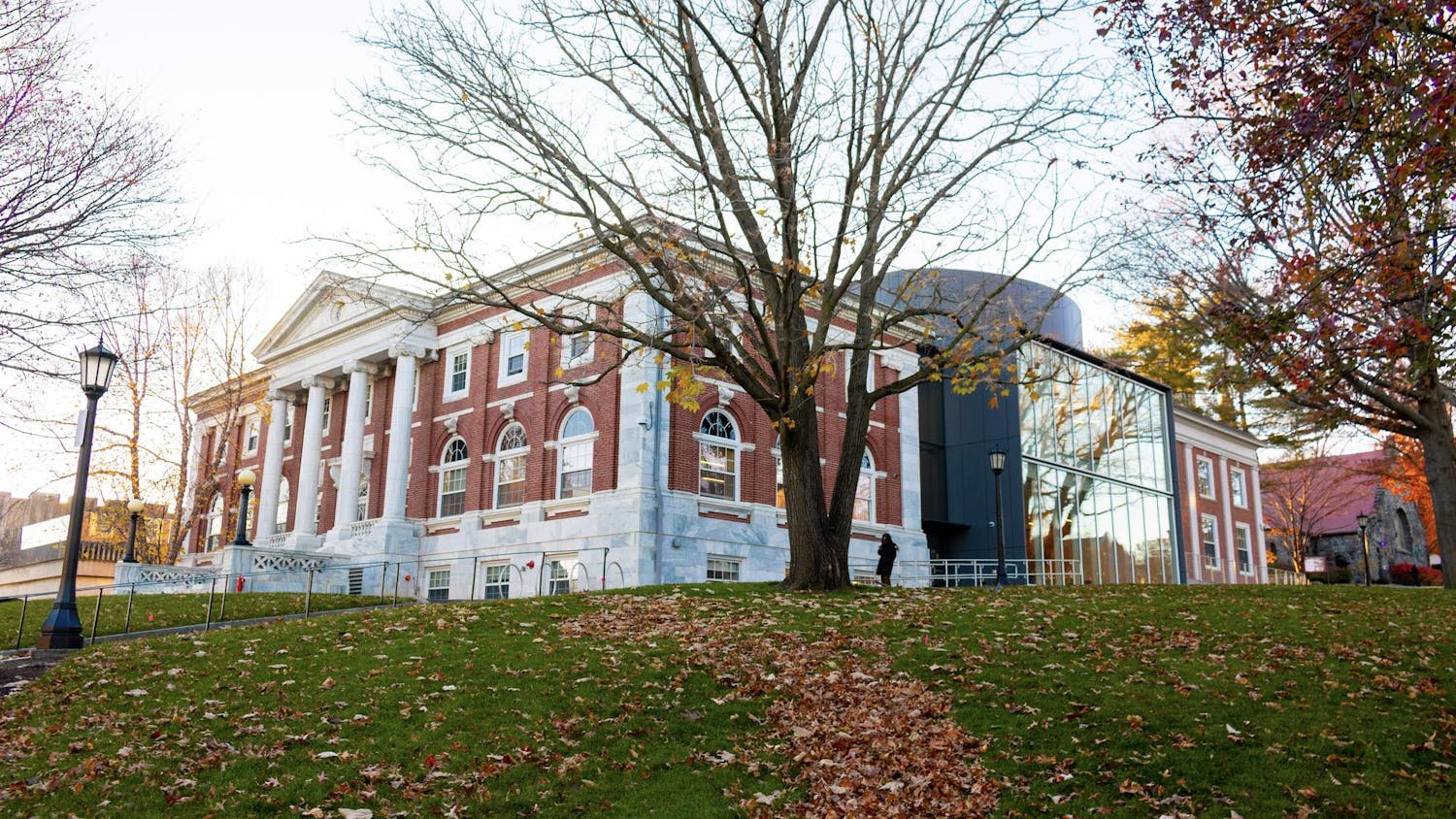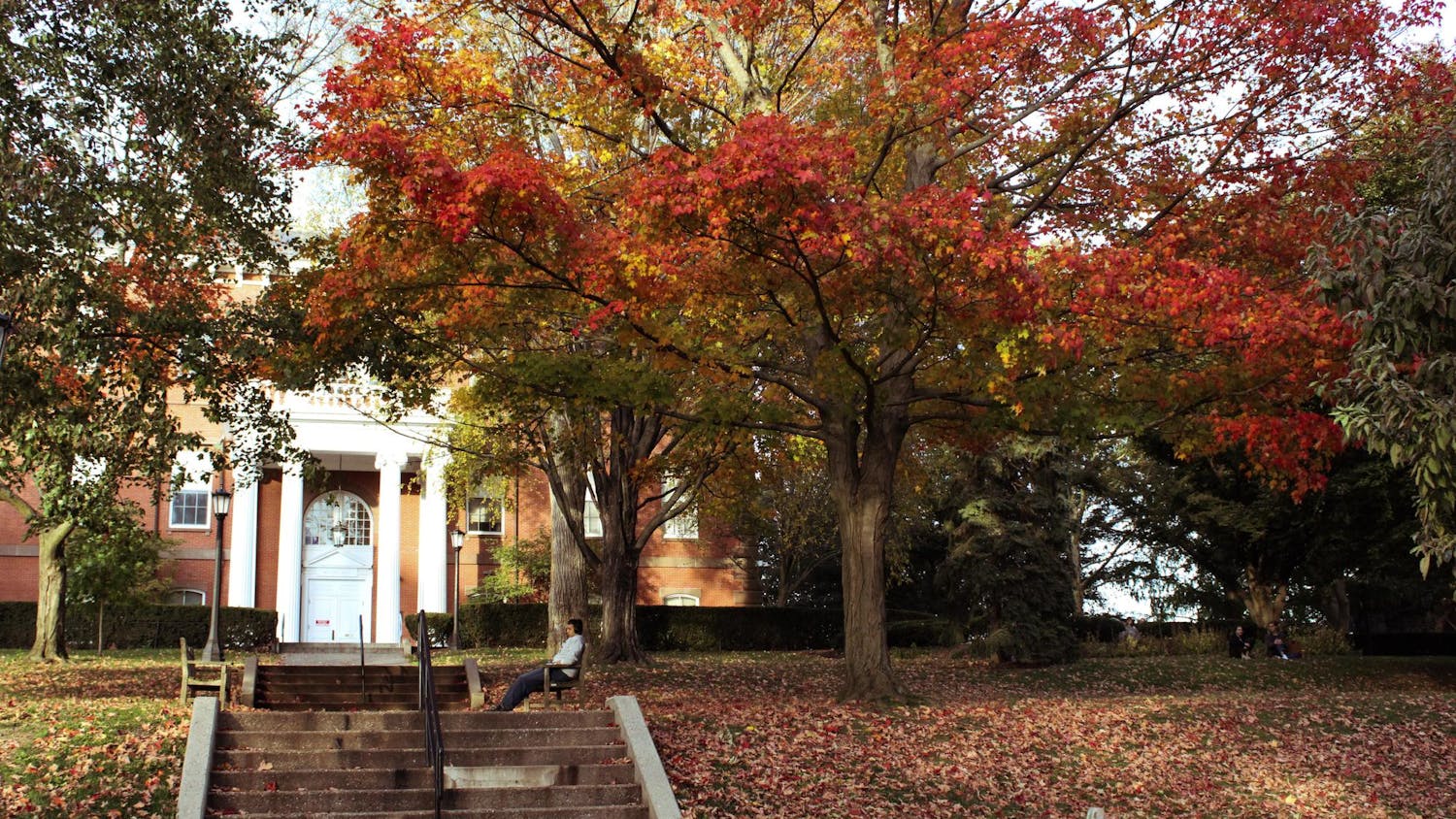This summer, Massachusetts Governor Charlie Baker signed a vital anti-discrimination law intended to protect the rights of transgender individuals in public spaces. The new law, which went into effect on Oct. 1, protects a transgender person's right to use the public restrooms, locker rooms and changing rooms that are consistent with their gender identity — regardless of what is written on their birth certificate. Though the law was signed in July, its full implementation has caused those in opposition to advocate for a change in policy. Due to these efforts, the 2018 Massachusetts ballot will include a vote to repeal the transgender anti-discrimination law. As part of preserving Massachusetts' strides toward LGBTQ equality and ensuring basic freedoms for all, Mass. citizens should push back against this regressive attempt to revoke transgender rights.
Equality for transgender folks has been on the civil rights battlefield for quite some time. Notably, in North Carolina, a so-called “bathroom bill” was passed in March to block cities from allowing transgender individuals access to public restrooms that align with their gender identities. Other states such as Illinois, Indiana and South Carolina have proposed bills targeting transgender individuals. The recent Massachusetts law contradicts these movements in that it takes an active role in defending transgender rights instead of handicapping them. A repeal, however, would eliminate this progress and protection.
Though the concept of where people use the bathroom may seem trite, the stigma and intolerance it encourages can be disastrous, especially for young people. According to recent research, more than 60 percent of transgender youth who were denied access to their school's bathrooms and facilities had attempted suicide, compared to 43 percent among those who had not been denied -- a stark and terrifying difference. The repeal of the Massachusetts law therefore would not only jeopardize equal rights, but it could also quite literally put lives in danger.
Much of the opposition to transgender equality in Massachusetts has been voiced by religious groups. The Massachusetts Family Institute, one of the law's most vocal opponents, calls the ballot repeal a “huge answer to prayer." In response to the passing of the law, the group said that Governor Baker had "fail[ed] to protect [Mass.] women and children," and denounced the measure as being part of a "radical and aggressive agenda of sexual expression and a denial of basic biological truth." While the values and opinions of religious groups are both valid and important, we must recall that our nation was founded on the idea of separation of church and state. Though all citizens are entitled to think and believe however they choose, religious ideals should under no circumstances influence public policy and basic rights of equality.
The fact of the matter is that anti-discrimination laws such as Massachusetts' are pivotal steps toward curtailing incidents of violence. Violence toward transgender individuals is incredibly prevalent, occurring in schools, workplaces and other public spaces. A 2013 report on hate violence demonstrated the particularly severe impact of violence on the transgender community in the United States: It shows that transgender women are 1.8 times as likely to experience sexual violence compared to other survivors, that 72 percent of victims of hate violence homicides in 2013 were transgender women and that transgender individuals are seven times more likely to experience physical violence when interacting with law enforcement, compared to their cisgender peers. The implementation of laws that protect the safety and equality of transgender individuals will help to diminish these horrific rates of violence.
Tufts prides itself on being a progressive, socially-conscious institution in the community. Our university has made its home in Massachusetts, and the choices of the state will undoubtably impact campus in some form or other. It is critical that Tufts students are socially responsible, perhaps by informing others or canvassing for continued transgender anti-discrimination, to ensure that Massachusetts is on the right side of history.
More from The Tufts Daily
Editorial: Letter to the Hill
By
The Editorial Board
| December 8
Editorial: Lesser-known perks for Tufts students
By
The Editorial Board
| October 23





